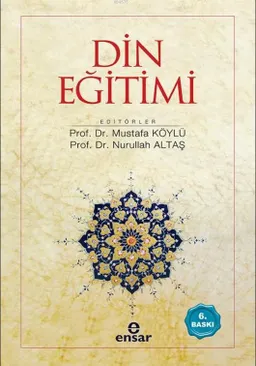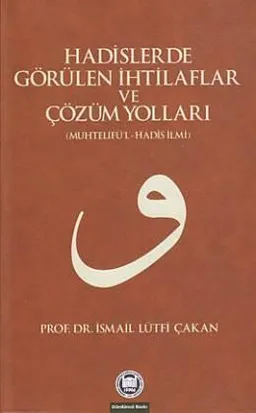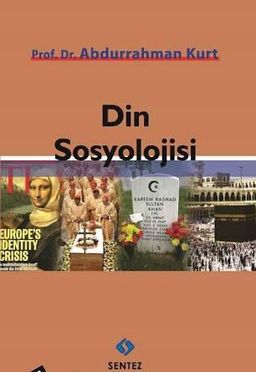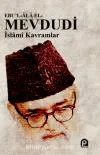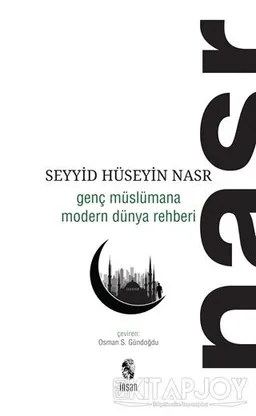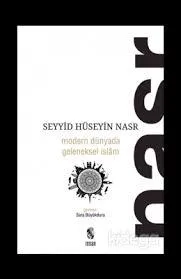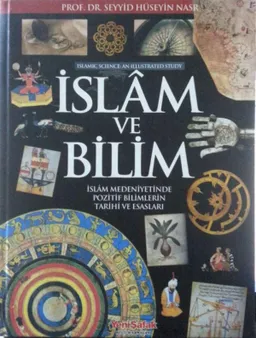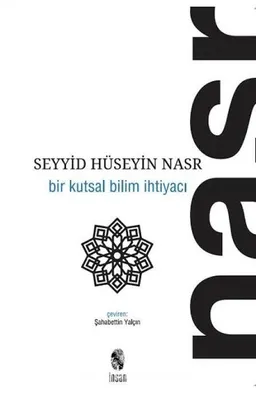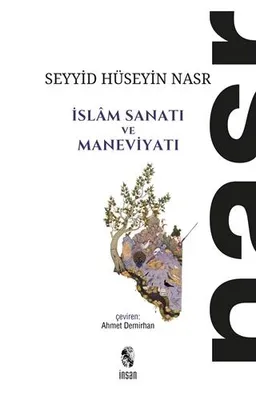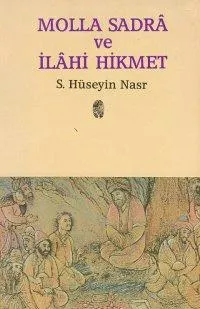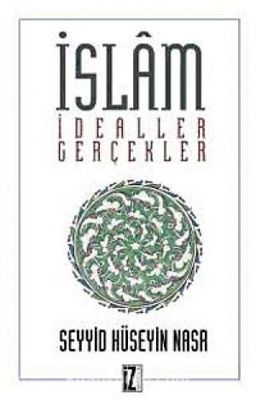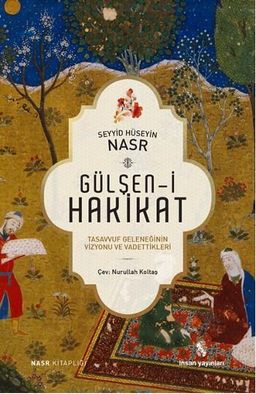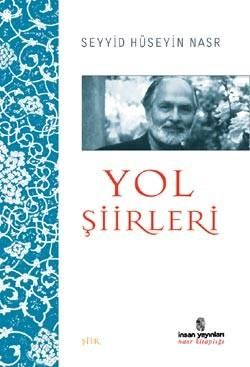İnsan ve Tabiat
Seyyid Hüseyin NasrAbout İnsan ve Tabiat
İnsan ve Tabiat subject, statistics, prices and more here.About
“Bugün birçok çevrede, teknolojinin yol açtığı zararlar ve bilimle teknolojinin barışı tehdit ettiği kavranmaya başlanmıştır. Pek az kimse içinde yaşadığımız kargaşa ve düzensizliği inkâr edebiliyor. Artık bütün bunların sebepleri araştırılmaktadır. Ne var ki, derinlerde yatan temel sebepler ancak pek seyrek olarak gün ışığına çıkarılabilmektedir. Bunun bir nedeni de belki şudur: Bu sebepler tam anlamıyla bilinecek olursa, birçok kişi, doğrudan doğruya düşünce tarzlarını değiştirmek zorunda kalacaktır.
” Çağımızın en önemli Müslüman entellektüellerinden Seyyid Hüseyin Nasr, bu eserinde insan ve tabiat arasındaki yüz binlerce yıllık ilişkiye ve gitgide yıkıcı bir hal alan çevre sorununa kadim geleneğin ışığında yeni bir bakış açısı sunuyor. Nasr, bir yandan okuyucuyu tasavvuftan, Taoizm’den, Hinduizm’den, Budizm’den ve Hristiyanlıktan örneklerle insanın ve tabiatın kökenleri ve doğası üzerine derinlemesine düşünmeye davet ederken, bir yandan da tabiatla aramızdaki kaybettiğimiz manevi ilişki üzerine bir farkındalık oluşturmaya çalışıyor.
Author: Seyyid Hüseyin Nasr
Translator: Nabi Avcı
Türler:
Estimated Reading Time: 4 hrs. 59 min.Page Number: 176First Publication Date: April 2003Publisher: İnsan YayınlarıISBN: 9789755749150Country: TürkiyeLanguage: Türkçe
Book Statistics
All statistics
Statistics of this edition
Reader Profile of the Book
Kadın% 49.5
Erkek% 50.5
0-12 Yaş
13-17 Yaş
18-24 Yaş
25-34 Yaş
35-44 Yaş
45-54 Yaş
55-64 Yaş
65+ Yaş
About the Author
Seyyid Hüseyin NasrYazar · 37 books
This text has been automatically translated from Turkish. Show Original
Seyyed Hossein Nasr was born on April 7, 1933 in Tehran. His family was a respected family, close to the shah's family. His father, a physicist, was one of the figures who played a role in the establishment of the modern education system in Iran. He is the grandson of Fazlullah Nuri, whose mother was executed on the grounds that she was against the constitutional monarchy declared in 1909.
He started his university education in Tehran and graduated in 1954 with a bachelor's degree in physics from the Massachusetts Institute of Technology and a bachelor's degree in history from Harvard University. He received his master's degree in geophysics from Harvard University in 1956 and his doctorate in the history of science in 1958. He returned to Iran in 1958. He started working as an assistant at the faculty of literature at Tehran University. He was appointed dean of the same faculty in 1968. In 1972, he was appointed rector of Sharif University of Technology in Tehran. In 1973, he was given the post of president of the Imperial Academy of Philosophy, which was established under the auspices of Shahbanu Farah Pevlevi.
Seyyed Hossein Nasr, who continued his duties in the Islamic Republic of Iran established during and after the 1979 Iranian Revolution, went to the USA in 1984 and started working as a professor of Islamic sciences at George Washington University. After the Islamic Revolution in Iran, he left his country permanently and settled in the USA. Nasr, who also taught at Edinburgh and Temple universities, has been a professor of Islamic Studies at George Washington University since 1984.
Seyyed Hussein Nasr is one of the important living representatives of the traditionalist philosophical movement.[2] His son Vali Nasr is considered among today's leading Middle East experts.
Books
Genç Müslümana Modern Dünya Re...
8.2/10
İnsan ve Tabiat
7.7/10
Üç Müslüman Bilge
8.5/10
Modern Dünyada Geleneksel İsla...
8.2/10
İslam ve Modern İnsanın Çıkmaz...
7.2/10
İslam ve Bilim
8.1/10
Bir Kutsal Bilim İhtiyacı
8/10
Bilgi ve Kutsal
8/10
İslam Sanatı ve Maneviyatı
7.8/10
Molla Sadra ve İlahi Hikmet
9/10
İslam: İdealler Ve Gerçekler
8/10
İslam'da Bilim ve Medeniyet
6.5/10
Gülşen-i Hakikat
10/10
Yol Şiirleri
7/10
İslam Felsefesi Tarihi - Cilt ...
9/10






